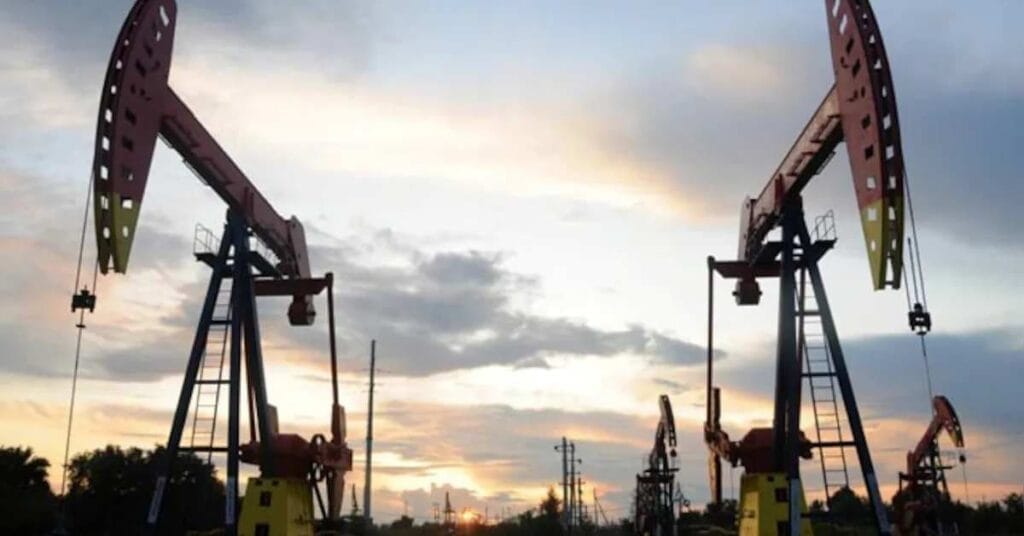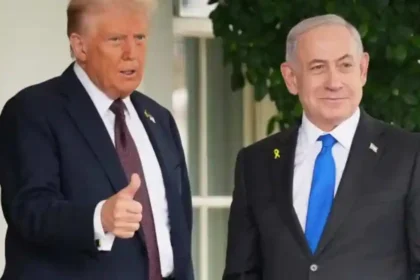The United States and Pakistan have agreed to collaborate on developing Pakistan’s oil reserves. President Donald Trump announced the US Pakistan Oil Deal while discussing trade and tariff negotiations. The partnership aims to strengthen economic ties and may influence the regional energy market. Pakistan welcomes the agreement as a step toward investment and enhanced energy security.
President Trump revealed the US Pakistan Oil Deal on his social media platform Truth Social. He confirmed that both countries will jointly develop Pakistan’s oil reserves. The announcement did not specify tariff arrangements but suggested broader trade cooperation. Officials are selecting the oil company that will lead the project. Trump also mentioned the potential for Pakistan to sell oil to India in the future.
Pakistan has proposed reducing its trade deficit with the United States by increasing imports of US goods. Finance Minister Mohammad Aurangzeb is currently in Washington for final stage negotiations. Discussions remain confidential but aim to finalize a mutually beneficial agreement quickly.
The new tariff rate on Pakistani imports will be 19 percent lower than the initially planned 29 percent. Officials hope it will boost trade and economic cooperation.
Trump imposed a 25 percent tariff on India for acquiring oil and military equipment from Russia. He hinted at additional penalties and criticized India’s high trade barriers. The US is negotiating with India on tariff reductions. Pakistan could benefit by becoming an alternative energy partner in the region. References to India were made while promoting the US Pakistan Oil Deal.
Sanctions and Regional Concerns
The US State Department sanctioned six Indian companies over Iranian petroleum trade. Chinese and UAE firms were also targeted. The US Pakistan Oil Deal strengthens Washington’s influence in South Asia while China remains largely indifferent.
- Indian Firms Sanctioned Six Indian companies were sanctioned by the US for their involvement in Iranian petroleum trade.
- China and UAE Targeted Several companies in China and the UAE were also included in the US sanctions list.
- Regional Influence The US Pakistan Oil Deal aims to strengthen Washington’s strategic influence in South Asia and energy trade.
The sanctions underscore the strategic importance of energy trade in the region. They highlight the US focus on expanding influence through the US Pakistan Oil Deal. Beijing’s current indifference suggests China is monitoring the situation cautiously.
Under the Trump administration, the United States has taken a surprising new direction in its South Asia policy.
Pakistan called the US Pakistan Oil Deal a landmark agreement. Prime Minister Shehbaz Sharif said it enhances bilateral cooperation. The Finance Ministry praised reduced tariffs and energy collaboration. Officials hope it attracts investment and new extraction technologies.
Untapped oil reserves in Balochistan face security challenges due to insurgent activity and local opposition. Successful extraction depends on proven reserves and proper infrastructure. The US is interested in Balochistan for its strategic location near Iran and Afghanistan. The US Pakistan Oil Deal may reduce Pakistan’s energy dependence on China and expand American influence in the region.
Economic Impact and Prospects
Oil remains Pakistan’s largest import and the deal may boost economic stability. US companies may provide technical expertise and conduct new field surveys. Initial shipments of US crude are expected in October. The partnership could enhance Pakistan’s energy security and trade profile. Success will depend on proven reserves security and ongoing political cooperation. Regional stakeholders are closely monitoring the US Pakistan Oil Deal.















